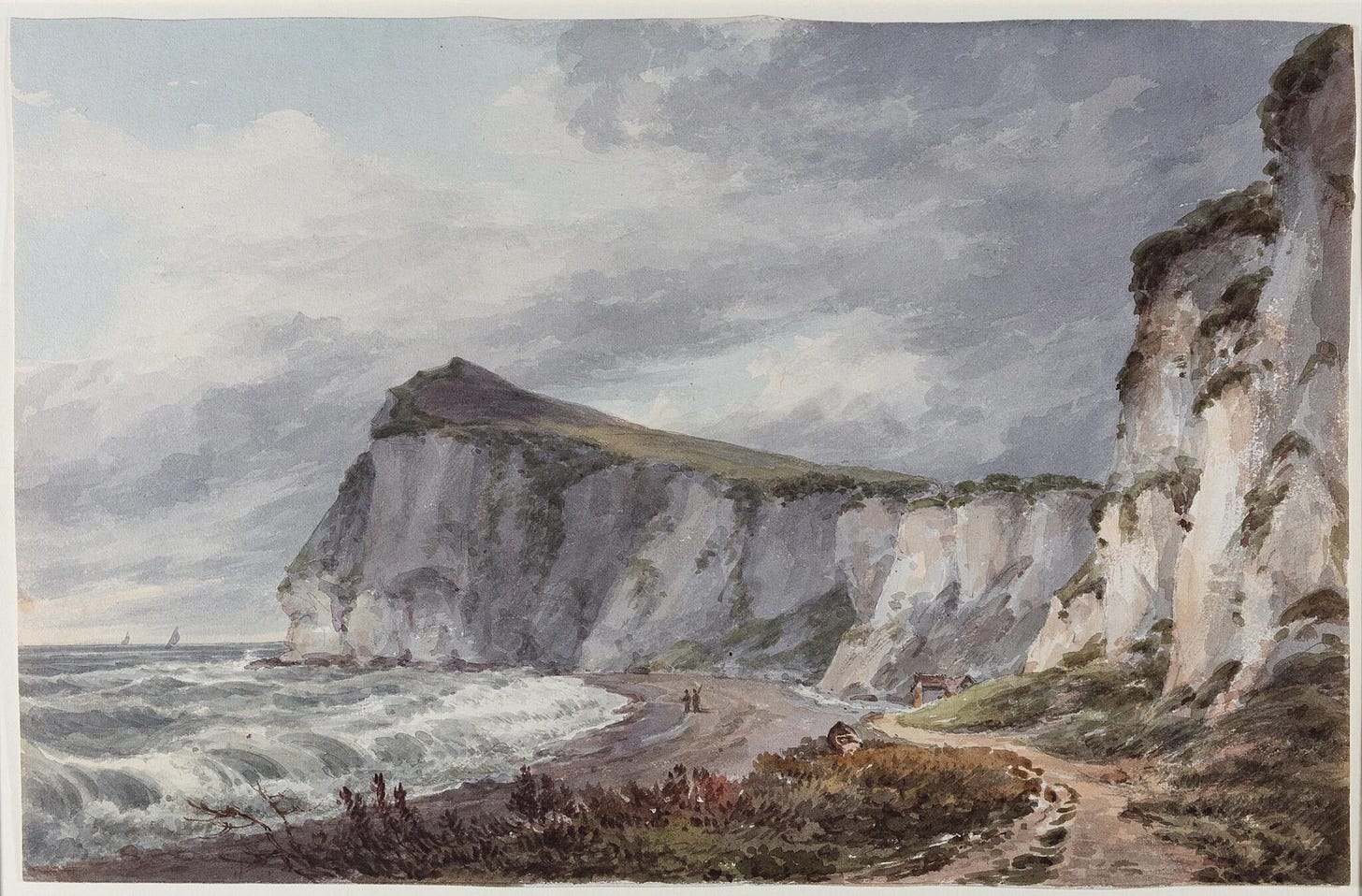
Goethe diagnosed the sickness of modern times, according to Matthew Arnold. As “Physician of the iron age,” Goethe “struck his finger on the place, / And said: Thou ailest here, and here!” But Wordsworth, ah, Wordsworth, says Arnold: In an “iron time / Of doubts, disputes, distractions, fears,” the English poet tried not to diagnose but to treat the wounds of the modern age. And “where will Europe’s latter hour / Again find Wordsworth’s healing power?”
Last Monday here at Poems Ancient and Modern, we looked at William Butler Yeats’s “The Second Coming.” Along the way, we noted a genre of modern poetry that places what it perceives as the faults of modernity — the decay of beauty, truth, the ceremonies of innocence — in a historical frame: As medieval faith gave way to the triumphs of modernity, the account of history goes, the enjoyment of those triumphs was gradually overwhelmed by a secondary effect of modern…
Keep reading with a 7-day free trial
Subscribe to Poems Ancient and Modern to keep reading this post and get 7 days of free access to the full post archives.



